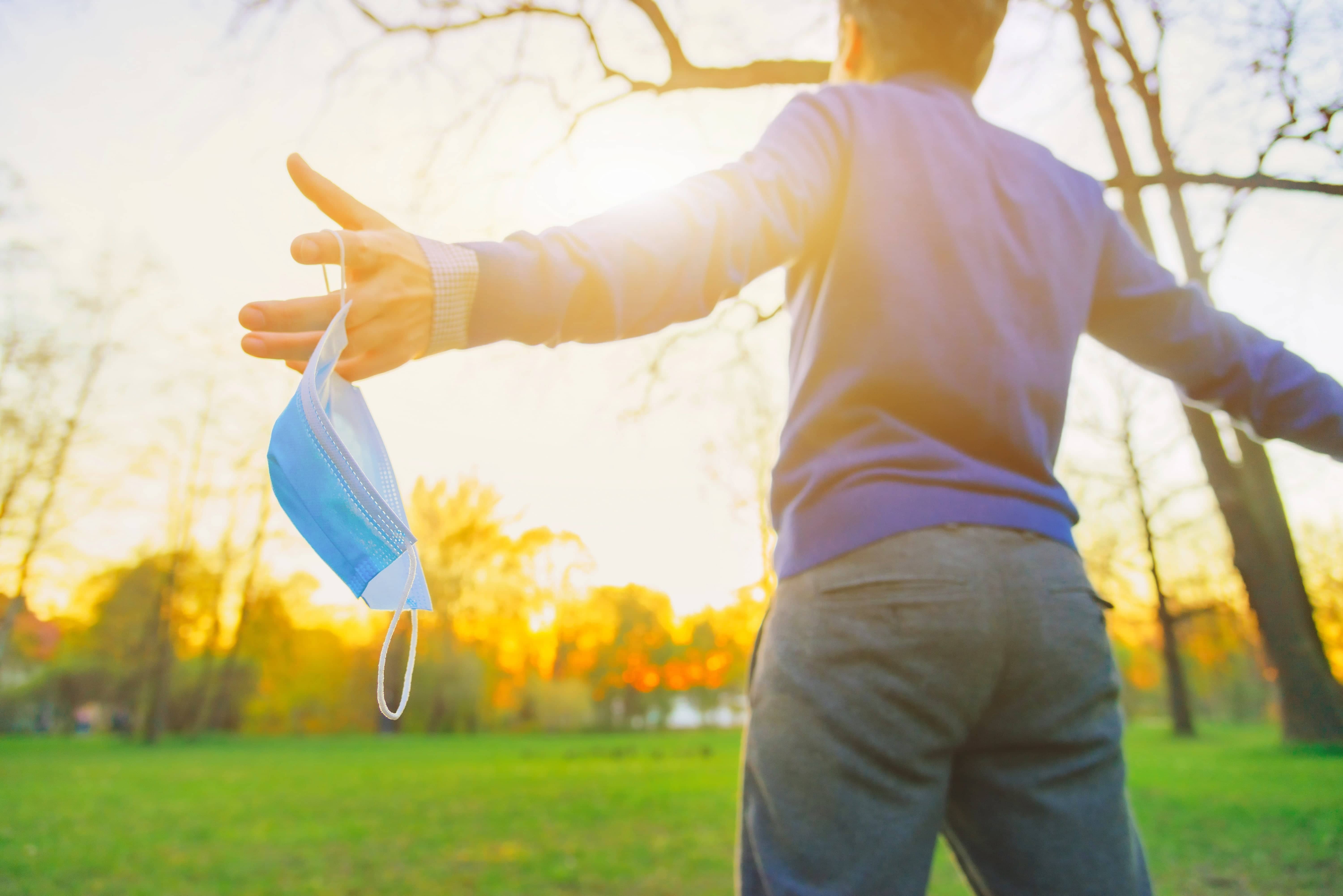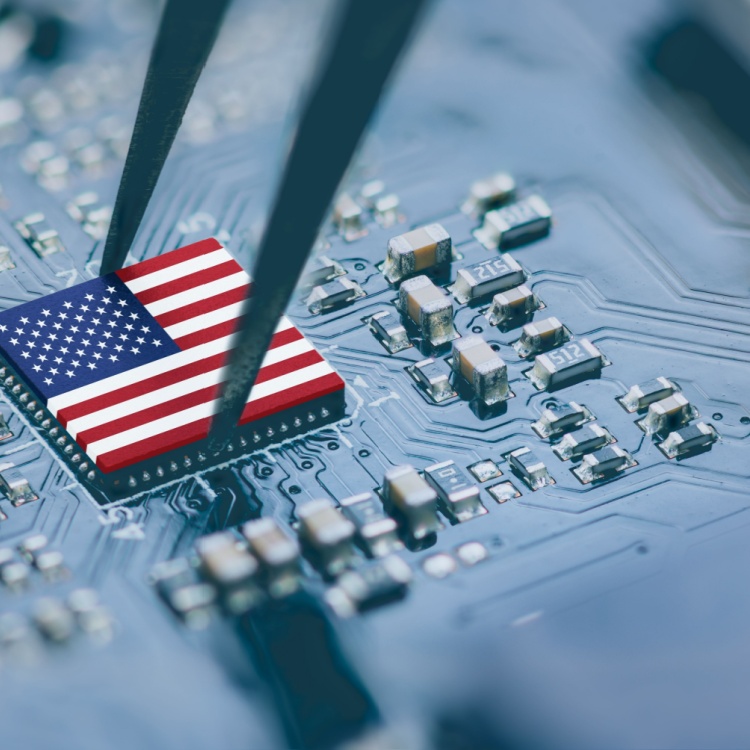Building a Better World after COVID-19

COVID-19 has changed the world. How should we rebuild it?
The COVID-19 pandemic has created unprecedented disruption around the globe. And while the crisis is far from over, it is an opportunity for us to reassess, reshape, and reimagine a new world.
What lessons have we learned, and will we have the courage to heed these lessons as we move forward? How can we continue to cope--and hope?
We have gathered insights and ideas from global thought leaders, artists, and athletes. May their words inspire you to keep the faith and encourage you to be part of a better and brighter tomorrow.
“Reflect on the power of our collective will”
Manfred F. R. Kets de Vries, INSEAD Distinguished Clinical Professor of Leadership Development and Organisational Change
As we have seen many times over, when people unite, miracles can happen.
We are now on the cusp of many critical decisions. The pandemic should encourage us to reflect on the power of our collective will.
The present pandemic could spur us to tackle issues that we have always been quite aware of but have preferred to ignore. It could be our chance to do something about the rise of dysfunctional leaders; to decrease socioeconomic inequities; to really fight addictions; and to take measures to avert ecological collapse. First, we need to accept the reality of living in an interconnected world. We must develop a more “glocal” outlook, one in which we think globally and act locally.
Above all, the coronavirus crisis opens the door for us to create more compassionate societies--the kinds of societies that acknowledge how we are all connected and that our planet should be managed for the generations to come. Chief Seattle once said, “Humankind has not woven the web of life. We are but one thread within it. Whatever we do to the web, we do to ourselves. All things are bound together. All things connect.”
Read Professor Kets de Vries’ entire article here.
Answers to the uncertainties of the future
As part of its Unknown Questions series, the BBC turned to global thought leaders for ideas on how society can thrive post-pandemic. Here are excerpts from some of their answers.
“Making a living and living a meaningful life”
David Blustein, Professor of Counseling Psychology, Boston College
How can we better protect workers all around?
Being able to work is central to many aspects of life: survival, capacity to contribute and achieve, social connections, and self-determination.
I believe that this crisis is exposing the impact of the lack of protections and support for working people, which is now painfully clear.
My hopeful expectation is that the pandemic will encourage a serious assessment of how work has evolved as a social, psychological, and economic institution. At the core of this transformation is the need for systemic changes that will ensure accessible work that pays living wages, provides health care, and offers humane conditions. To get to this goal, leaders and citizens will need to make fundamental changes in how organizations are regulated and how workers are protected. I hope that people across the globe develop a movement that foregrounds the needs of people as they manage the complex web of making a living and living a meaningful life.

“The difference between being alone and being lonely”
Miriam Kirmayer, Clinical Psychologist and Friendship Expert
How will the pandemic affect friendships?
My hope is that as painful as the current distance is, it’s also a reminder of how precious our friendships are and a not-so-subtle nudge to reflect on how we can cultivate more meaningful connections.
Truthfully, loneliness has less to do with the number of friends we have or how often we see or speak to each other, and much more to do with our subjective experience of feeling connected and seen for who we really are. The more we can embrace vulnerability by sharing our struggles and successes, hold space for our friend’s feelings without imposing our own, and make an effort to prioritize our friendships the same way we do our other relationships and responsibilities, the closer we will feel and the more able we will be to tease apart the difference between being alone and feeling lonely.

“The city as a medium for connection”
Itai Palti, Director of The Centre for Conscious Design
How can city design improve our mental health post-COVID?
Healthy interpersonal interactions, many of which preserve or develop parts of our identity, are crucial for social wellbeing, for child development, and even for the slowing down of cognitive decline in older adults. The city is a player in these interactions through the different settings it provides, enriching shared experiences and grounding their memory in place.
COVID-19 exasperates existing underlying issues in many sectors, and in cities, it is doing the same. Before the pandemic, social isolation, loneliness, and lack of social cohesion were big issues, and now even more so.
The post-pandemic city can become a healthier place only if we reshuffle its priorities. If we keep the position of places for consumption as the primary location for social gathering, therefore making social connectedness subordinate to economic growth, we will have learned very little from the lockdown. We need to rebuild the city to become a better medium for connection at all times including a pandemic, and that means repurposing public places around genuine, meaningful, and safe interactions.
Sparking positive change
As part of its first Pioneers of Change Summit, the World Economic Forum (WEF) invited participants to share what they feel would be the biggest opportunities for positive change in the post-pandemic world, and how to make that happen. Here are excerpts from some of their answers.
“Humans aren’t just in the loop, we are the loop”
Karen E. Silverman, CEO and Founder, The Cantellus Group
To make change happen, we need to be thoughtful and intentional about how human needs and systems interact and co-exist with the technologies we increasingly integrate into our lives. As we rely upon and incorporate new tools and insights-- and we should!--we also need to take the time to think about our purposes, and what we reserve for human beings – not to avoid these technologies but to build them to better serve us. These technologies can bring flexibility, equity, and efficiency that we need; and in all that, keeping in mind that humans aren’t just in the loop, we are the loop.
“Protect ourselves from future pandemics’”
Kristina Lagerstedt, CEO and Founder of 1928 Diagnostics
Unfortunately, I don’t see we’re heading towards a “post-pandemic” world since the current Coronavirus is not the last threat to humanity. Nonetheless, it has drastically increased awareness and highlighted the importance of adapted behavior, pathogen testing, and outbreak tracing. The biggest opportunity right now is that we learn from this pandemic for the future. By protecting ourselves, from hand-washing to tracking pathogens, lives can be saved globally.
My advice, being a HealthTech Entrepreneur is: dare to challenge conventional ways to solve problems, for example by utilizing new technologies. Global change will also require productive multi-stakeholder collaborations on a local, national and global level.

“Look to nature for guidance on how to act”
Daphna Nissenbaum, CEO and Co-founder, TIPA
COVID-19 has reminded humans how dependent we are on our ecosystems, and the acute connection between human health and our planet’s health. What we see now is an opportunity to reflect, reevaluate, and reimagine the ways in which we use our resources. In a post-pandemic world, concern for our health and the health of the planet has grown, and with it, willingness from leaders from across the world to support sustainable systems and materials that sync with nature.
Sometimes the solution is right in front of us, and all it requires is a change in perspective to see it. Nature has already provided the solutions to many of our challenges. We must look to her for guidance on how to act. Now is the time to go back to basics, back to nature, and to act locally and globally through individual motivation, industry action, and legislative activism.
Carry on with hope and kindness
As the world continues to battle the pandemic, let us be kind to others—and ourselves.
If you are feeling disheartened, may these words from the TIME 100 community lift your spirits.
“It’s the best of times, it’s the worst of times. How you experience this time will be, in part, up to you.”—Margaret Atwood, author
We have a unique opportunity to come together, to bridge humanity; and the future of our world depends on what you do next. Whether it’s giving blood, donating to your local food bank, checking in on your elderly neighbors, or just staying home, our small gestures in times of crisis can end up being the big gestures that made the difference.—Stephen Curry, NBA player
“During this period of upheaval, you have to show yourself some grace. So parents, please know: there’s real value in just being together. You’re doing a great job. You’re doing better than you think.”—Samantha Bee, actress and executive producer
“When we are faced with difficult or scary times, it’s important to try and figure out what this moment is teaching us. All of my best life lessons have come through difficult times.”—Chloe Kim, Olympic snowboarder
“As I feel us rushing toward the collective experience—of being among one another, even virtually, separated by so many borders—it occurs to me that gratitude may be the one that unites us most, even amid so many tragic losses. I can see now that I’ve taken so many things for granted, things for which I’m now acutely grateful. When things do revert to some form of normalcy, whenever that is, I hope I don’t forget this feeling.”—James Corden, host of The Late Late Show
As one of the Top 20 EMS companies in the world, IMI has over 40 years of experience in providing electronics manufacturing and technology solutions.
At IMI, we believe that humanity drives technology, and we direct our passion at solutions that enhance our way of living. With more than 400,000 square meters of factory space in 22 factories across 10 countries, we are positioned to build your business on a global scale.
Our proven technical expertise, worldwide reach, and vast experience in high-growth and emerging markets make us the ideal global manufacturing solutions partner.
Let's work together to build our future today.



